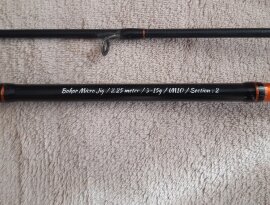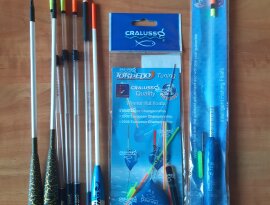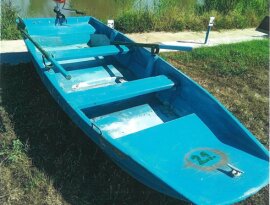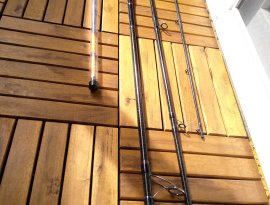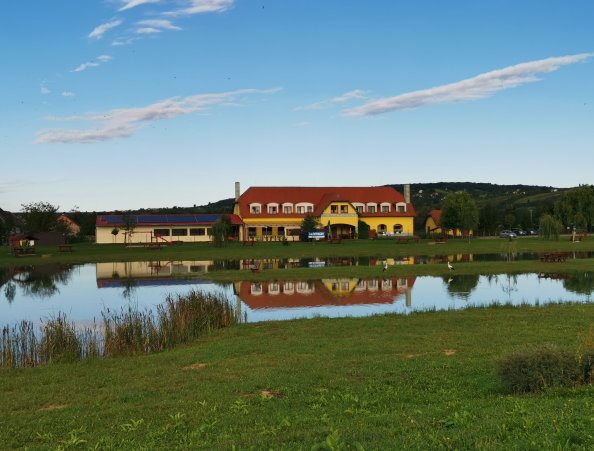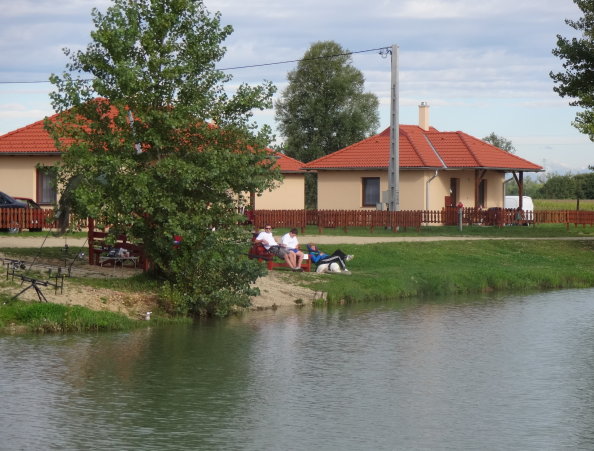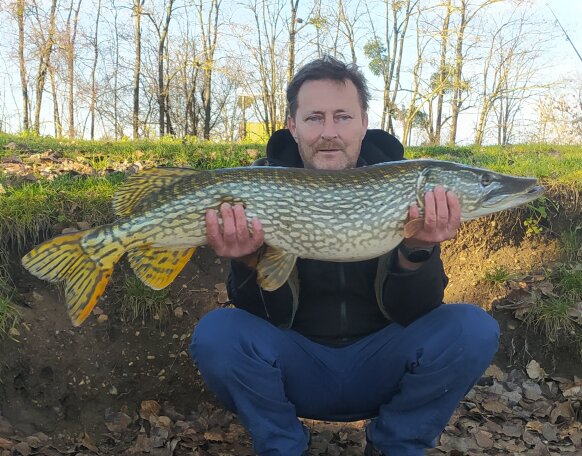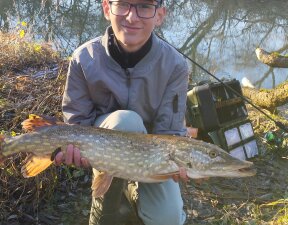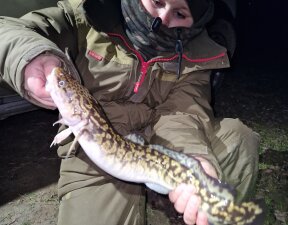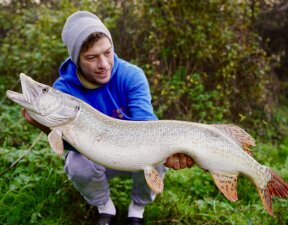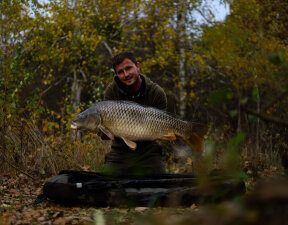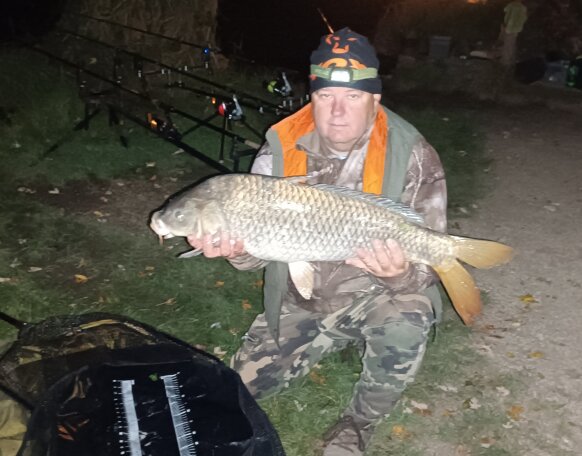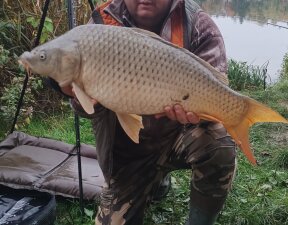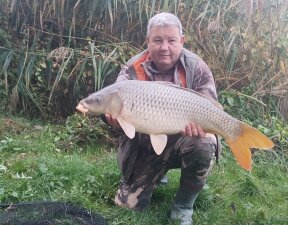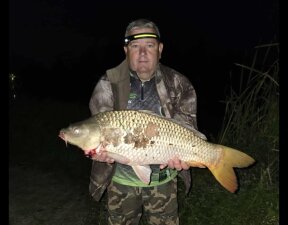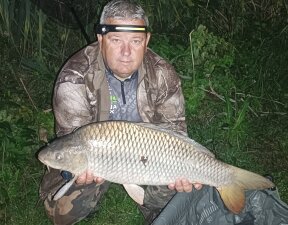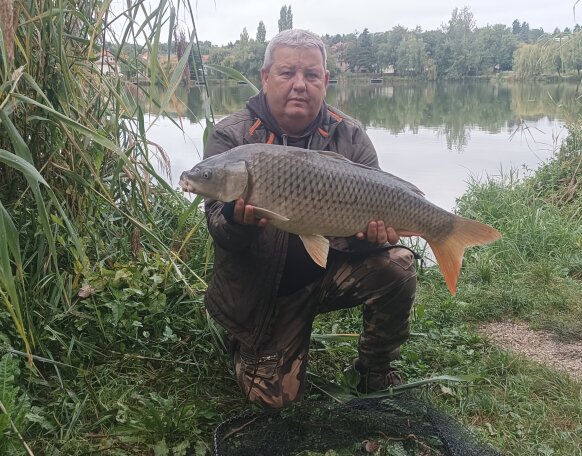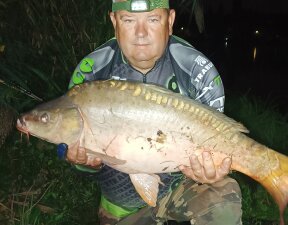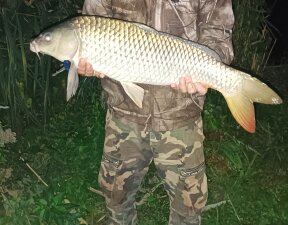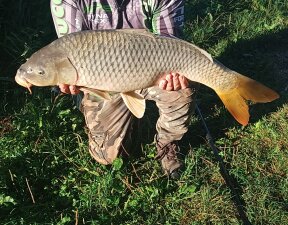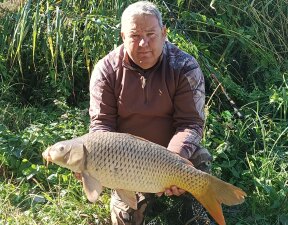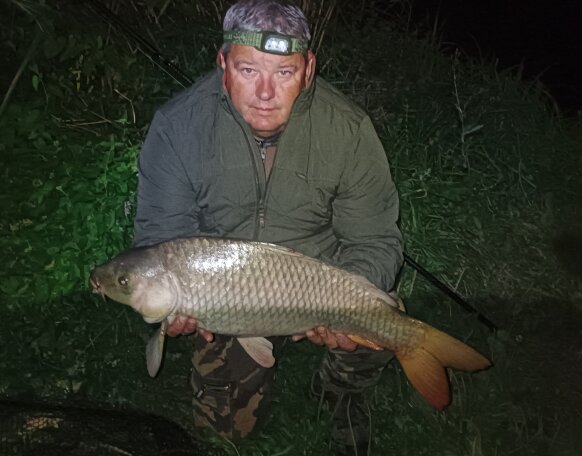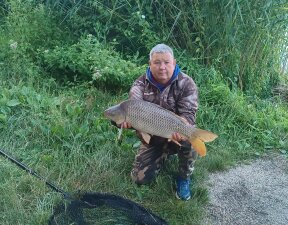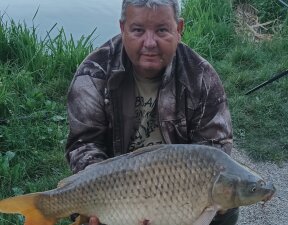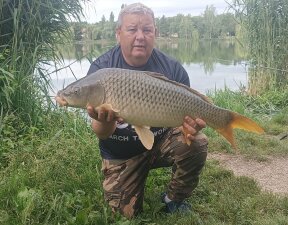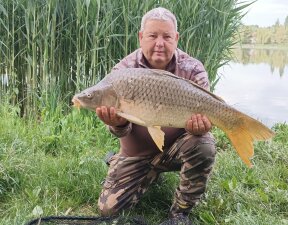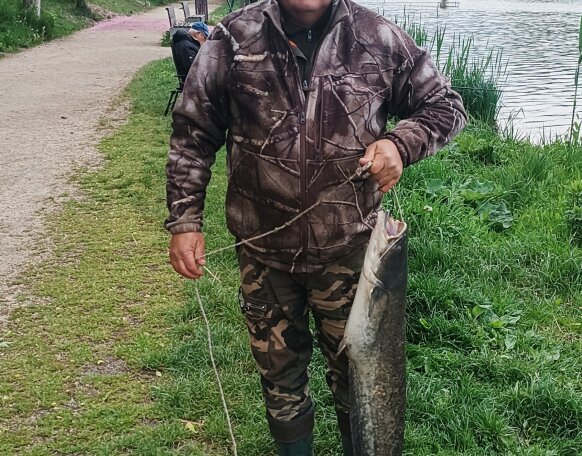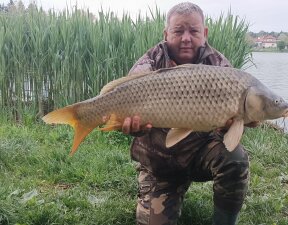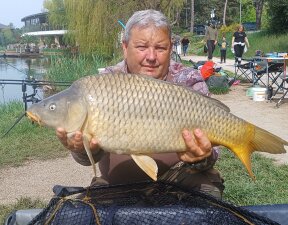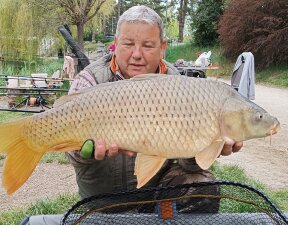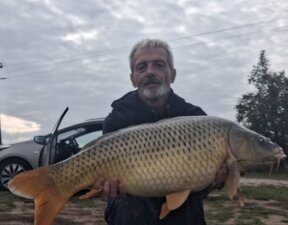By boat, canoe to protect fish, for the benefit of anglers
Every year, at the end of the summer, our Association holds a short assessment of the experiences gained in the fields of fishing habits, fishing tourism, and fish conservation.
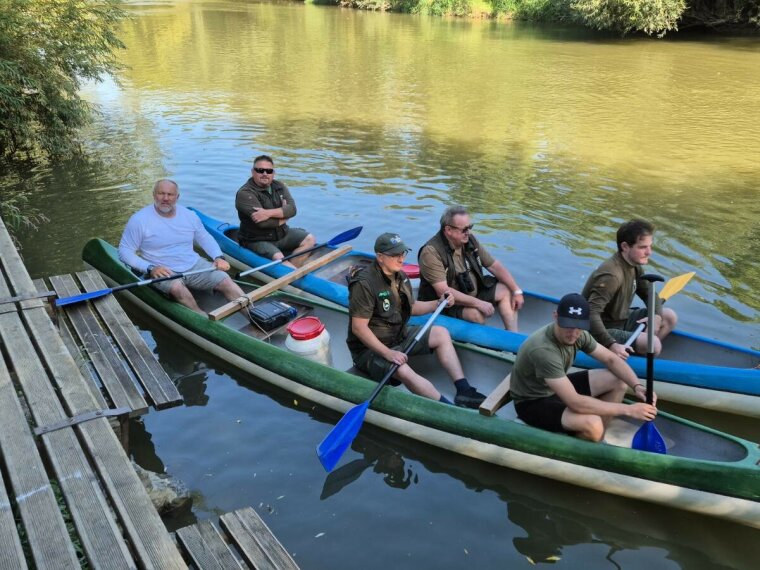
The work of the professional fish guards of the Fishing Association includes patrolling water areas, protecting fish stocks, monitoring people fishing (state fishing license, territorial license, keeping catch logs, size and piece restrictions on catch, equipment used), monitoring water pollution, fish deaths, collecting dead fish, but in many places their tasks include mowing the water's banks, maintaining equipment (benches, covered seating, etc.), and assisting with children's and youth events, fishing competitions, and conducting fishing exams.
Our colleagues carry out the fish guard tasks based on prior instructions, - of course, taking into account unexpected events and the weather - individually, in pairs, and occasionally in groups. During the inspection, in addition to off-road vehicles, the inspection is carried out by boat on the dammed sections of the Rába (Nick, Ikervár, Magyarlak), and from this year onwards, by canoe in case of lower water levels, during which even the most hidden fishing spots can be visited.
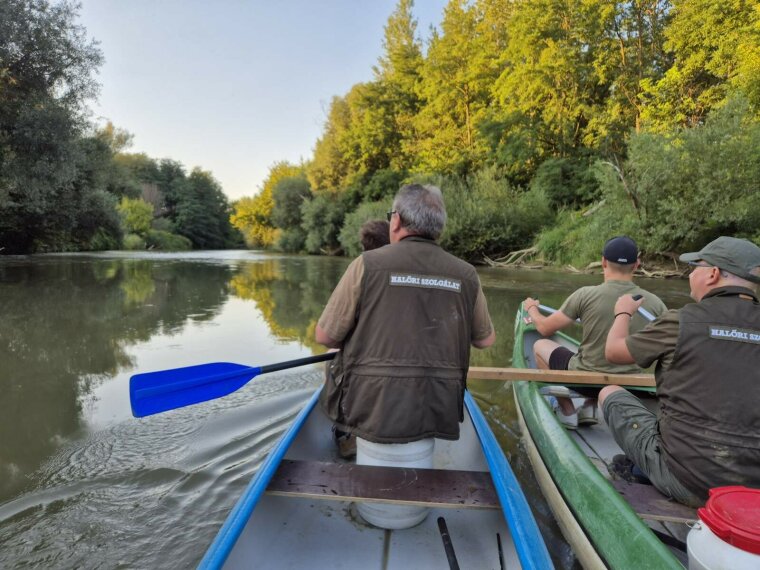
Due to the low water level of the Rába River, on Friday last week, our professional fish guards - with the help of the Weking Sports and Cultural Association and Tamás Sánta, a Körmend police officer and active social fish guard, and a member of the rowing association - used canoes to patrol the section of the Rába River between Körmend and Molnaszecsőd.
The purpose of the inspection, in addition to fishing control, was to inspect and supervise the water area, as based on previous experience, signs of illegal fishing or prohibited equipment can be detected much more easily from the water.
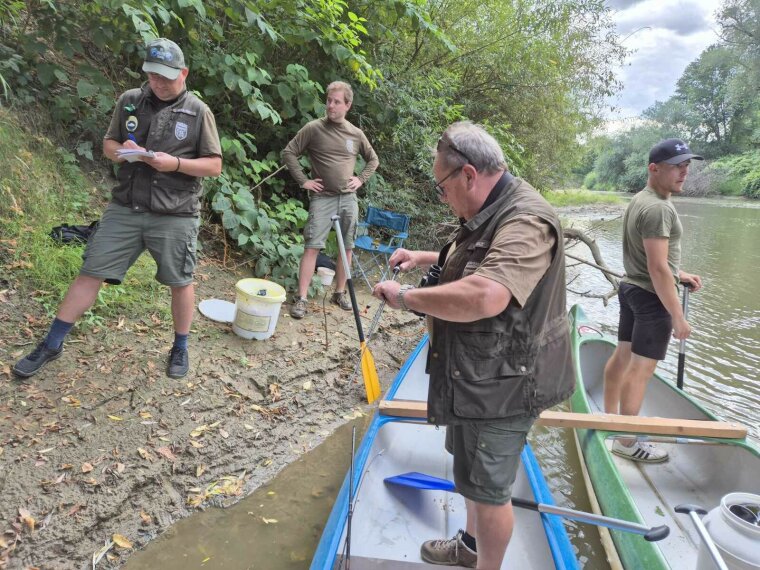
During the inspection of the fishermen on the riverbank, our fish guards found that most of the fishermen had valid permits and were fishing in accordance with the regulations, but they also had to take action against two people fishing illegally without a permit, and they also inspected several fishing spots on the bank. During the inspection by canoe, our fish guards encountered “suspicious” traces in several places on the riverbank, but no prohibited equipment was found or seized.
In addition to boat inspections, individual canoes or canoes connected by catamaran also allow our fish guards to inspect difficult-to-access sections of the river, even during low water levels. Therefore, according to our plans, our colleagues will visit several difficult-to-access sections of the river in the near future, as well as the section visited during the current inspection.
We would like to thank the rowing association and our social fish guards for their help and support, as well as the work of our colleagues!
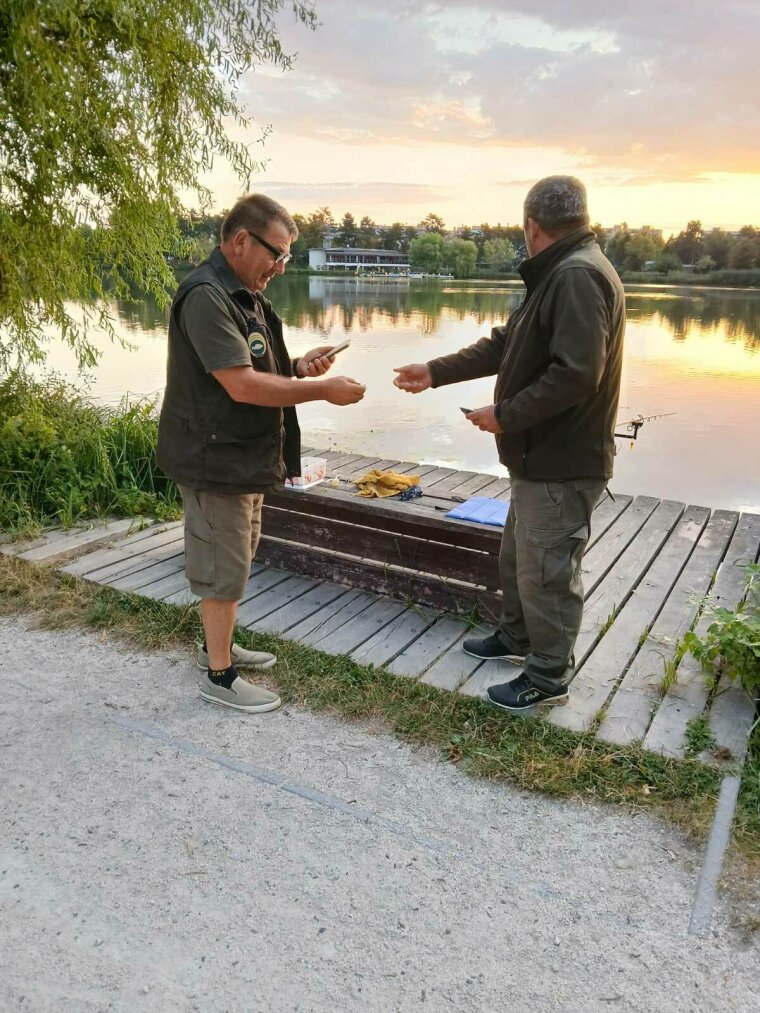
Despite the varied weather, this year was similar to previous years in terms of the number of anglers and the number of fish guard inspections on the water's edge, meaning that the late spring months and June typically saw the highest attendance. In the first half of the year, our fish guards inspected nearly 7,000 anglers, which increased to 8,400 by August 20.
The number of inspected anglers, the location of the inspections, and the time of the inspections can all be tracked based on the data from the application used by the fish guards, so our Association can see with relative accuracy the number of anglers appearing on the fishing waters, and its changes depending on the weather, holiday weekends, and fish populations.
During the inspections, our professional fish guards used the option of issuing a written warning in nearly 200 cases, during which the written warning is also included in the angler's state fishing license, primarily for violations of the fishing regulations. Experience shows that, in addition to guest anglers, local anglers often do not fully read the rules applicable to the given water area, so misunderstandings often arise due to violations of the rules applicable to parking, fishing sections, or fishing spots.
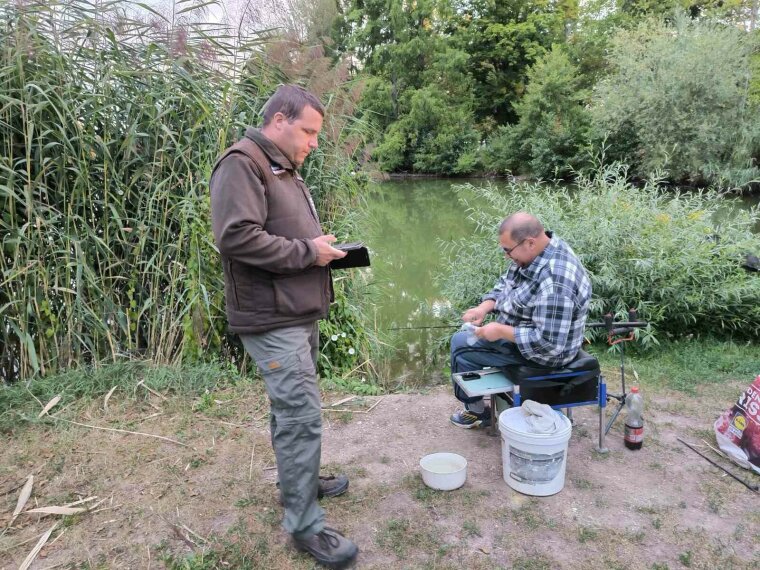
During the several thousand inspections, reports were recorded 25 times, of which our Association reported to the Fisheries Authority of the competent County Government Office in 11 cases.
Irregularities include unauthorized fishing, fishing with 3 rods, failure to keep a catch log, and violating size or quantity restrictions.
The authorities will impose a fish protection fine of HUF 10,000 to HUF 500,000, depending on the severity of the violation, and in all cases will revoke the violator's state fishing license. In the case of unauthorized (unlicensed) fishing, the current legislation sets the minimum fine that can be imposed at HUF 55,000.
In addition to the significant fines, the greater penalty - according to the fishermen's confessions - is the revocation of the state fishing license, the lack of which makes legal fishing impossible throughout the country. In the event of repeated violations, the offender can expect a significantly increased fine.
Our fish guards have repeatedly asked non-fishing visitors who use the welfare facilities provided by our Association on the waterfront not to leave any waste on the waterfront or in the barbecue grills after their intended use. Unfortunately, however, the removal of waste left behind in the established waterfront communal spaces and the cleaning of fire pits are common problems.
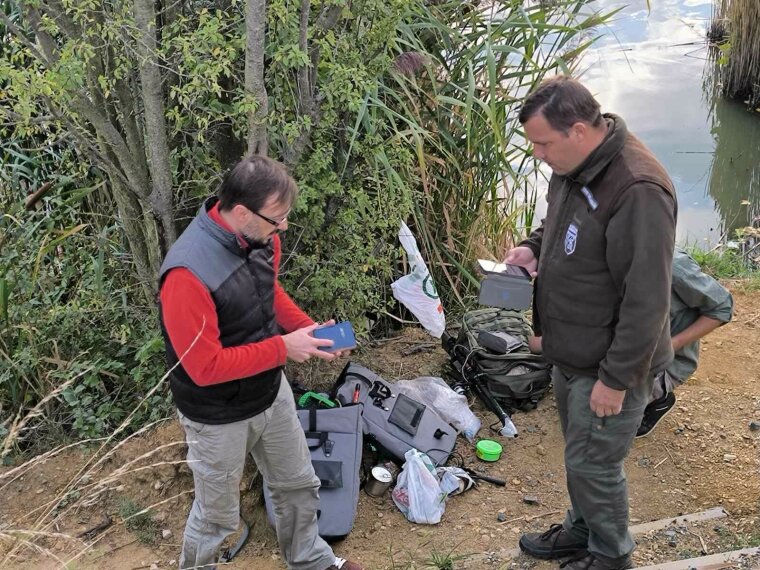
Based on the reports of our association's professional fish guards, the vast majority of anglers and visitors to the waterfront fortunately respect the rules of behavior on the waterfront and are partners in fish guarding and waterfront maintenance tasks, often participating in fish stocking.
We continue to work to ensure that the shores of our lakes and wild waters provide a cultural opportunity for recreation and fishing experiences, as well as to preserve the valuable, native fish stocks of our waters!
We respectfully ask our anglers to assist our fish wardens in protecting our waters and their valuable fish stocks, to report any irregularities by providing credible and verifiable information, and to calmly warn or question fellow anglers who do not follow the rules – thereby harming all honest anglers!
According to the experience of our fish guards, honest fishermen continue to be happy with the inspection, cooperate, and consider the inspection by professional fish guards to be a necessary and useful activity!
We would like to thank the police and fishermen who supported the inspection for their help!
Let's protect and preserve the valuable fish stocks of our waters together!
Note: The photographs are not of the offending anglers, but are solely for the purpose of illustrating the inspection activities.




